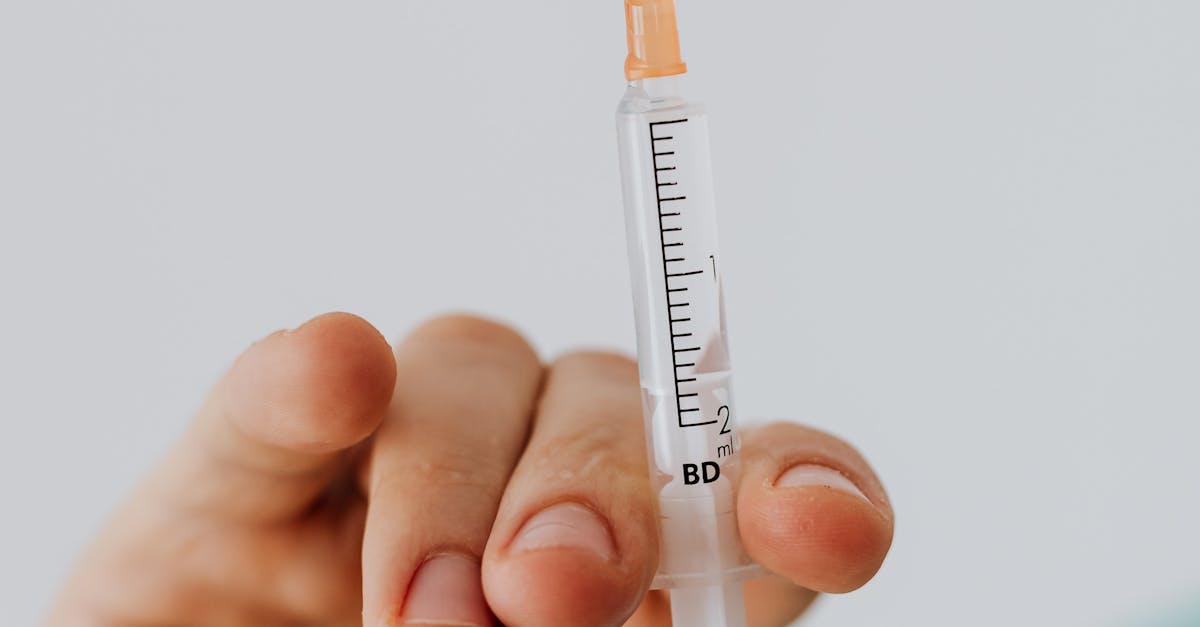
FAQS
What is medical detox in the context of drug rehab?
How long does medical detox usually last?
What factors influence the length of stay in medical detox?
How are withdrawal symptoms managed during medical detox?
What are some nutritional strategies for enhancing emotional well-being in rehab?Sitemap
Nutritional strategies include incorporating omega-3 fatty acids, whole grains, fruits, vegetables, and lean proteins into the diet. These foods can help stabilize mood and provide essential nutrients for brain health.
How can patients get involved in meal preparation during their stay at rehab?
Patients can participate in meal planning and preparation by choosing recipes, shopping for ingredients, and cooking together as a group. This involvement helps them develop life skills and fosters a sense of responsibility and engagement.
Why is it important to encourage engagement in meal preparation in inpatient rehab?Contact Us!
After completing medical detox, individuals are usually encouraged to transition into further treatment. This movement is crucial for addressing the psychological and behavioral aspects of addiction. During this phase, patients typically engage in various therapeutic modalities, which may include individual counseling, group therapy, and educational sessions. Such approaches can help build coping strategies and foster emotional healing.
An effective transition also requires aftercare planning. This may involve connecting patients with outpatient services, support groups, or ongoing therapy. Establishing a strong support network during this time can aid in reinforcing the skills acquired in the detox phase. Continuous support serves as a buffer against relapse triggers and helps individuals maintain their commitment to recovery.
FAQS
What is medical detox in the context of drug rehab?